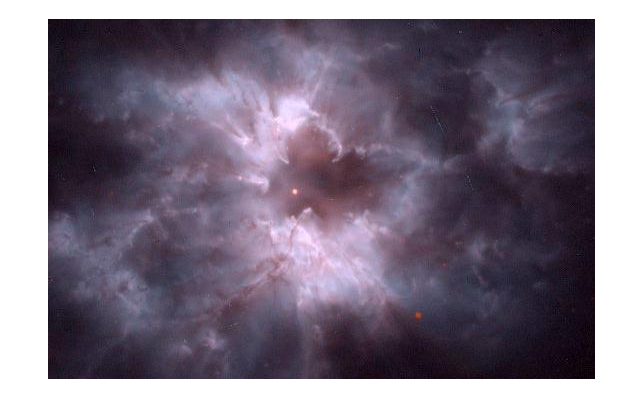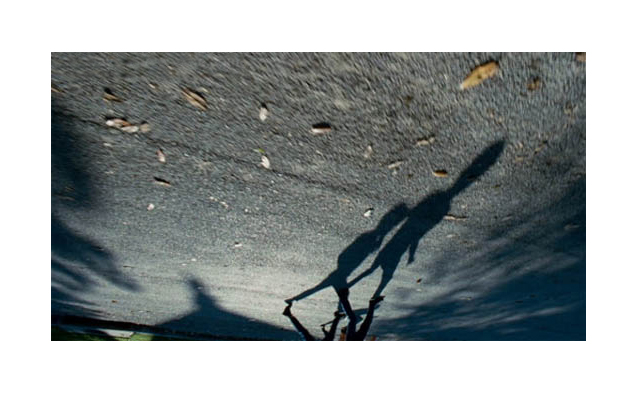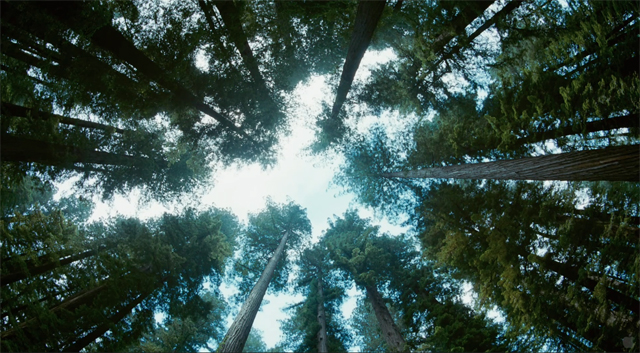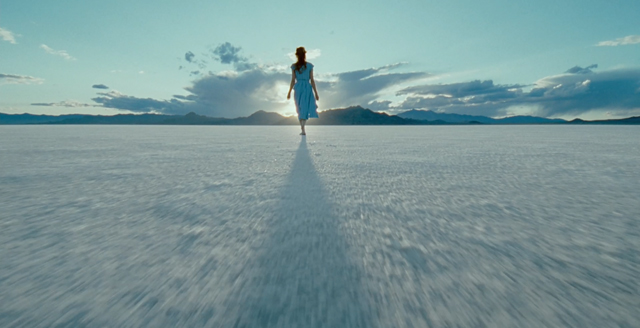“The Tree of Life” review
“Tell us a story from before we can remember.”
Terrence Malick as a director polarizes his viewers. There are hordes who would rather clean cat litter all night over sitting in a theater under the weight of one of his films. For the record I adore this mans work, and relish in the opportunity to enjoy his films on the big screen. It is a rare event, after all, since his feature-length debut in 1973 with Badlands, Malick has only directed 5 films. Just about once a decade he comes out of hiding to spend two to three years crafting some of the most important cinema of the century.
Yesterday I consumed Malick’s latest work currently in select theaters (FOX Tower, in Portland) The Tree of Life.
It’s difficult to know how to verbalize the grand scale of this work, since it literally spans a 14 billion year timeline. What one can deduce from the trailer, I will only reveal here.

There is a family, with three boys, a father (Brad Pitt) and a mother (Jessica Chastain), a sixth character (the Universe) and a seventh that brings the script into vivid form (the viewer, you). Integrally, these seven trapse into and out of conceivable lapses of time. A theme, the only theme we know really, of birth and death, form and nothingness, and the struggle between nature and grace.
Basically Malick presents to the viewer a story that is manageable enough to follow, and vague enough for you to finish. Intertwined is the planet, its history, and stories within that history that underscore the theme, which is a complete departure from Hollywood box office gold. Such a departure, in fact, that in-theater one can sense other viewers struggling in their seats, muttered derogatory comments, and fidgeting hands.
There are direct references to Malick’s own upbringing, many events from the film happened to members of his own family, and the setting, 1950’s Texas, was the setting for his own childhood. Often exposed to Disney and Spielberg storylines where one or both of the parents are all too absent, Malick presents ever-present parents in their most honest form. The all-seeing-eye of parenthood reveals flaws, discrepancies, turmoil, and the full bewilderment of a child coming to terms with adulthood and maturity. A complete parallel to the awareness of humanity and how we came to be this way: sentient. And it’s that sentience that is so beguiling.

The same hopes, fears, desires, and loves that we all feel are encapsulated in the macrocosm that is presented. In fact the macrocosm and universe are so integral, Malick spends a full 18 minutes reveling in its breathtaking grandeur. Planets, stars, nebulae, the boiling surface of the sun, also spending time in the microcosms inside of us at our cellular level. Our hearts, our cells, our veins, and the glimpse of a baby in its womb. These scenes are some of the most incredible cinematography I have ever experienced. Malick compliments this macro scale when he films his characters effortlessly in an incredibly tight, close-up fashion, as they are at the height of their emotion.
As in some of his earlier work like The New World, Malick uses voice-over throughout, in a whispered prayer from each of the main characters. The New World was the first time I’d experienced this sort of narrative, when Pocahontas has her son in England and she realizes where here spirit lives, she utters “Mother, now I know where you live.” It’s powerful, because the viewer is allowed to enter the inner most thoughts of the character. This, coupled with all the right imagery, the most elusive, nuanced, poignant score and a story bursting with human themes is why I’m still dizzy from this film.
Go out and see it. Take your love, take your friend, take a stranger. There are no explosions, no revelations, and no conclusions. Like the best stories, this film will unfold slowly in your mind only after you leave the theater.

